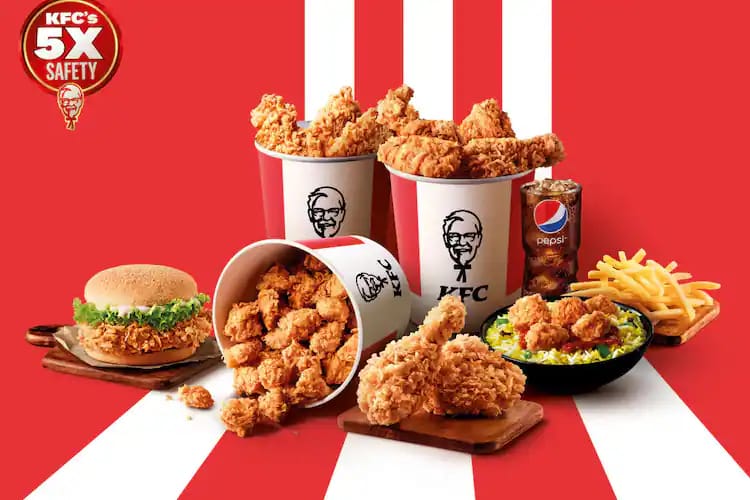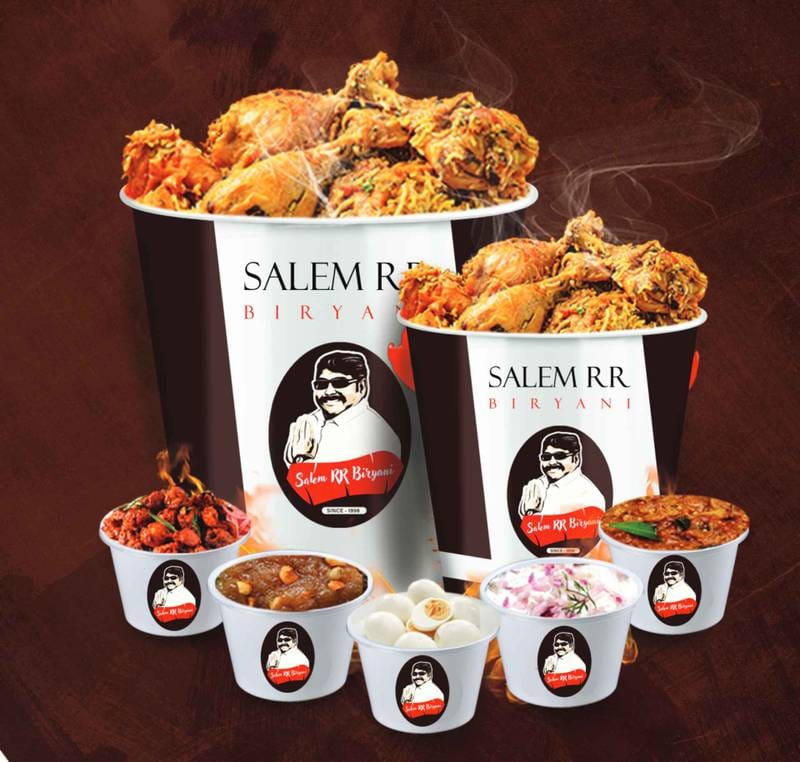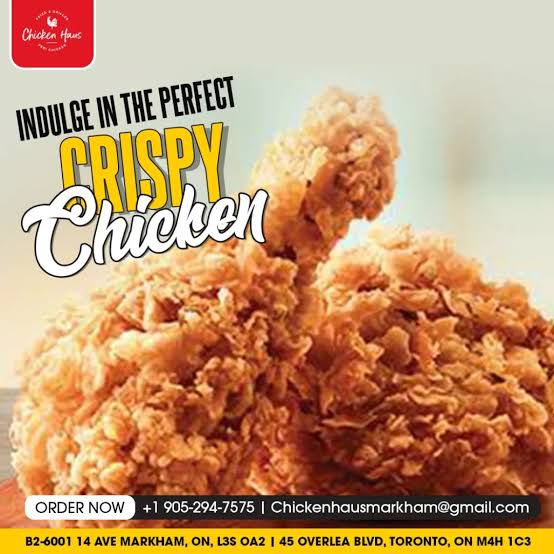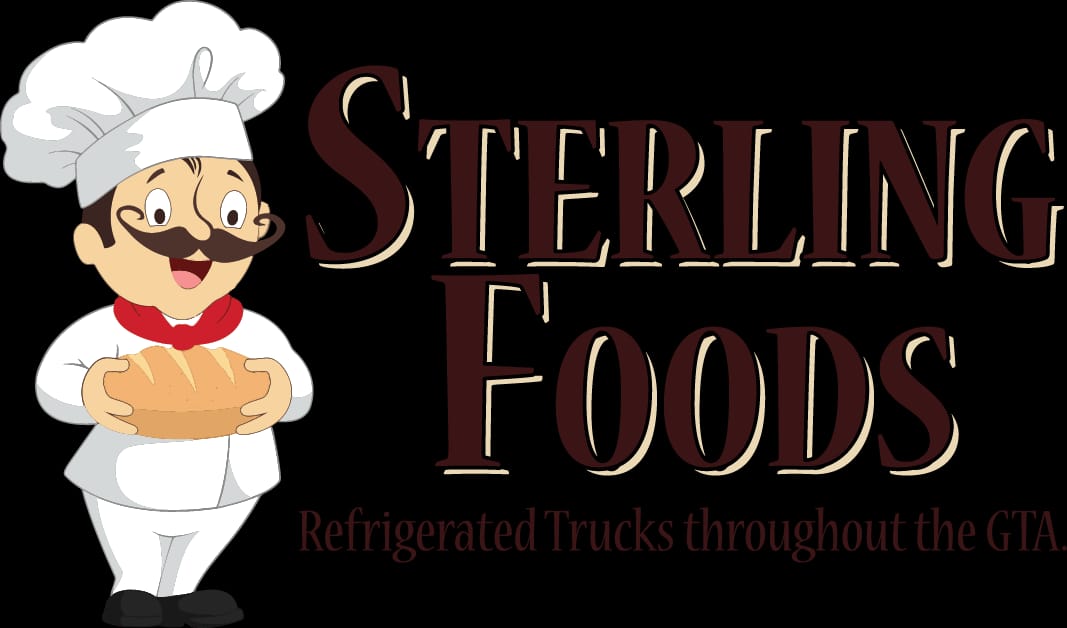
From local eateries to large hotels, ensuring safe disposal of used oil..

Educational institutions and their hostels contribute to the initiative.

Catering services and cloud kitchens play a vital role in the collection process..

Industrial food producers are also part of this sustainable effort
Established in 2023, GVK Oil Corporation is a forward-thinking company committed to creating a cleaner and more sustainable future through the responsible collection and management of Used Cooking Oil (UCO). We specialize in environmentally sound and efficient oil collection services tailored for hotels, restaurants, and food service establishments.
As authorized aggregators enrolled under the FSSAI RUCO (Repurpose Used Cooking Oil) Program, we operate in full alignment with guidelines set by both the Central and State Governments of India, ensuring compliance, safety, and transparency across our operations.
Mr. G.V. Karthickumar, B.E. (Mechanical Engineering), is the visionary Founder and Managing Director of GVK Oil Corporation. With a strong background in engineering and a passion for sustainability, he has been instrumental in shaping the company’s commitment to environmental stewardship and circular economy principles. Under his leadership, the company aims to redefine waste oil management in India.
At GVK Oil Corporation, we believe that proper UCO disposal not only prevents environmental degradation but also contributes to reducing carbon emissions and conserving biodiversity. By repurposing used cooking oil into biodiesel and other valuable resources, we help minimize pollution, lower dependency on fossil fuels, and support India’s green energy transition.
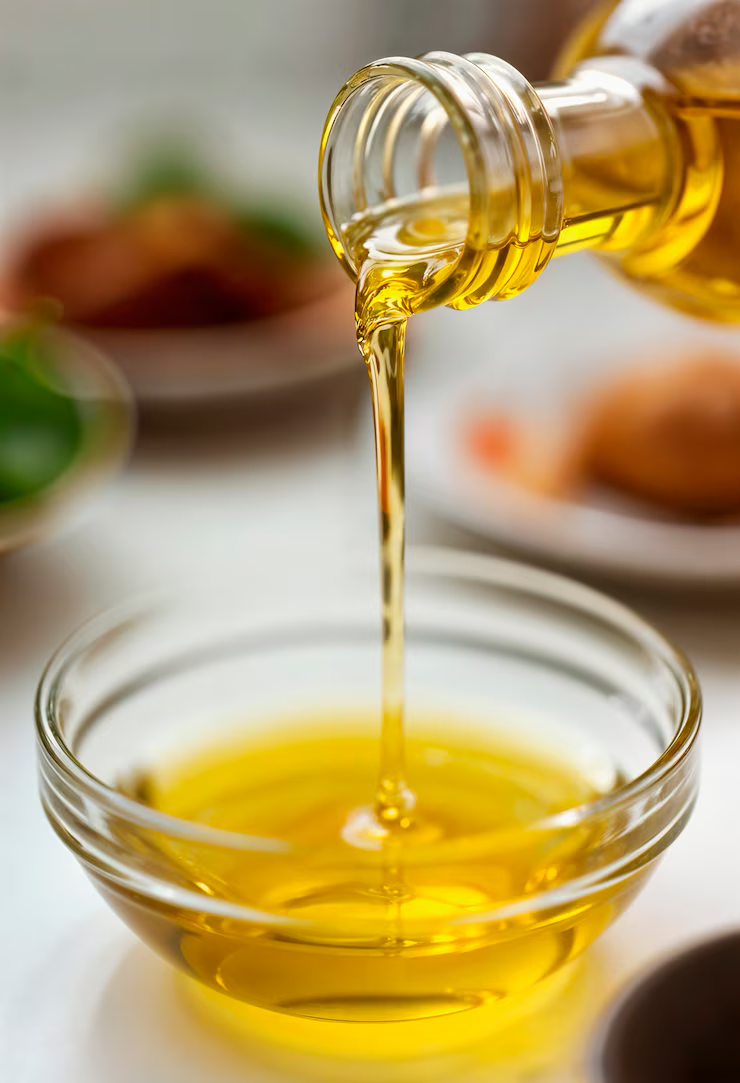
To lead the transformation toward a sustainable and cleaner India by revolutionizing used cooking oil management.We envision:
To deliver eco-conscious, reliable services aligned with national sustainability goals.
We strive to:

INITIAL SELLERS'S CONTACT
If you have 20–30 litres or more of used cooking oil, we’re here to help you recycle it responsibly and effortlessly.
📞 Phone
Speak directly to our team for guidance and scheduling.
💬 WhatsApp
Message us with details, and we’ll reply promptly.
🌐 Website
Fill out our convenient form to get started instantly.
📧 Email
Send us a note with your location and quantity, and we’ll get back to you shortly.
RESPONSE FROM OUR TEAM
Once we receive a notification regarding available used oil, our team promptly contacts the customer to coordinate the next steps.
1.Immediate Acknowledgement
2.Customer Coordination
3.Scheduling and Logistics
4.Dispatch and Collection
5.Follow-up and Documentation
ONGOING OIL AVAILABILITY
If the seller informs us that used oil will be available on a regular basis record this information in our system for proactive and consistent follow-up.
1.Database Registration
2.Automated Reminders & Scheduling
3.Dedicated Point of Contact
4.Route Optimization
5.Performance Monitoring
OIL COLLECTION AND PAYMENT
Once the seller confirms the availability of used oil, our oil procurement team proceeds with the collection and compensation process, ensuring a professional and transparent experience for the seller.
1.Scheduled Pickup
2.Safe and Sanitary Collection
3.Measurement and Verification
4.Documentation
5.Compensation Process
TRANSPORTATION AND STORAGE OF UCO
Collected oil is transported using our dedicated fleet of vehicles and stored in compliance with FSSAI (Food Safety and Standards Authority of India) regulations covering a wide network of towns and cities
1.Dedicated Transportation Fleet
2.Secure Handling and Transit
3.GPS Tracking and Monitoring
4.Certified Storage Facilities
5.Regulatory Compliance and Record-Keeping
FURTHER PROCEDURES
Once we procure the desired amount of used cooking oil (UCO), we initiate the next phase by coordinating with our authorized biodiesel manufacturing partners.
1.Volume Consolidation
2.Quality Inspection
3.Partner Coordination
4.Certified Transfer
5.Sustainability Reporting
Established in 2023, GVK Oil Corporation is a forward-thinking company committed to creating a cleaner and more sustainable future through the responsible collection and management of Used Cooking Oil (UCO). We specialize in environmentally sound and efficient oil collection services tailored for hotels, restaurants, and food service establishments.
Health Hazards: Repeated use of cooking oil can form toxic compounds, which are harmful if consumed.
Economic Waste: Unused UCO can be transformed into valuable resources instead of being discarded
Environmental Damage: Improper disposal (e.g., pouring down the drain) leads to water pollution and clogged sewage systems.
Fire Hazard Risk: Accumulated UCO in kitchens, especially in bulk, is highly flammable and can increase the risk of accidental fires in commercial cooking environments
Blockage of Drainage Systems: When UCO is disposed of improperly in sinks, it solidifies and contributes to severe blockage in municipal drainage, leading to expensive repairs and public health concerns.
Loss of Biodiesel Potential: When UCO is wasted or contaminated, it cannot be used for biodiesel — a cleaner fuel. Managing UCO properly ensures it contributes to India’s green energy goals.
Waste cooking oil, generated from vegetable oils such as Coconut oil, Sunflower oil, Soyabean oil, Palm oil, Cotton seed oil, Rapeseed oil, Olive oil, etc is employed to fry foods in Households, Hotels, Restaurants and Catering respectively. Disposal of UCO is a difficult task which pollutes the environment and reusing the fried oil may cause serious Health problems. [Gui et al., 2008]
During the frying process, which occurs at High temperatures [160°C to 200°C], vegetable oils [composed of Triacylglycerols, TAGs) undergo many physical and chemical modifications, and toxic compounds are formed through oxidation reactions, hydrolysis, and Polymerization of TAGs. [Tsoutsos, Tournaki, Paraiba & Kaminaris, 2016])
The final disposal of UCO is a heavy burden due to its high volume, and the incorrect discharge into sewers or drains causes blockages and odor or vermin problems. UCO have compounds that linger in the environment for many years, increase the organic load on water sources and form a thin layer over the water surface that reduces the dissolved oxygen concentration required for subaquatic species, changing the ecosystem. [Guerrero, Guerrero-Bomero, & Sierra, 20111
It is estimated that approximately 0.9 million tons of WCO are produced per year in the European Union. In highly populated countries, large amounts are produced as per the year 2018:
| S. No | COUNTRIES | QUANTITY OF USED COOKING OIL |
|---|---|---|
| 1 | CHINA | 5.6 MILLION TONS |
| 2 | USA | 1.2 MILLION TONS |
| 3 | INDIA | 1.1 MILLION TONS |
| 4 | JAPAN | 500 THOUSAND TONS |
| 5 | GERMANY | 493 THOUSAND TONS |
| 6 | REPUBLIC OF KOREA | 411 THOUSAND TONS |
To reduce the negative impacts on ecosystems, it becomes urgent to manage, recycle and valorization of WCO. To avoid the illegal practice of discharging WCO through the public sewerage system, many developed countries have set policies that penalize this action.
The transformation of WCO into biodiesel dominates the reutilization of these oily wastes because, among biofuels, biodiesel produced from WCO has the lowest greenhouse gas emissions [Wallace, Gibbons, O'Dwyer, & Curran, 2017], which led to the implementation of public strategies worldwide and to the increase of subsidies for production (tax breaks or exemptions or favorable price) [Rincon et al., 2019
Biofuel Production: One of the most promising uses of UCO is conversion into biodiesel — a cleaner alternative to fossil fuels and supports India’s commitment to sustainable energy and reduces dependence on petroleum imports.
Circular Economy: UCO recycling promotes a circular economy by turning waste into valuable products like soaps, animal feed (after treatment), and industrial lubricants.
Green Job Creation: The growth of UCO collection and biodiesel production can create employment opportunities in logistics, processing, and green tech.
Smart City & Clean India Missions UCO recycling aligns with government programs like Swachh Bharat Abhiyan and RUCO (FSSAI) to maintain hygiene and public health standards.
